Safest Forex Brokers in Kenya
Compare forex brokers ranked by safety and regulatory compliance. Find the most secure brokers for your trading needs.
Safety Rankings
10 brokers ranked by safety and regulation
Our Safety Rating Criteria
Regulatory Status
20%We evaluate the strength and reputation of the regulatory bodies overseeing the broker.
Fund Security
25%We assess how client funds are protected, including segregation and insurance schemes.
Company Structure
15%We examine the broker's corporate structure, history, and financial stability.
Transparency
20%We evaluate the clarity of terms, fees, and policies provided by the broker.
Track Record
20%We review the broker's history of regulatory compliance and user complaints.
Safety Overview


FXPesa

IC Markets
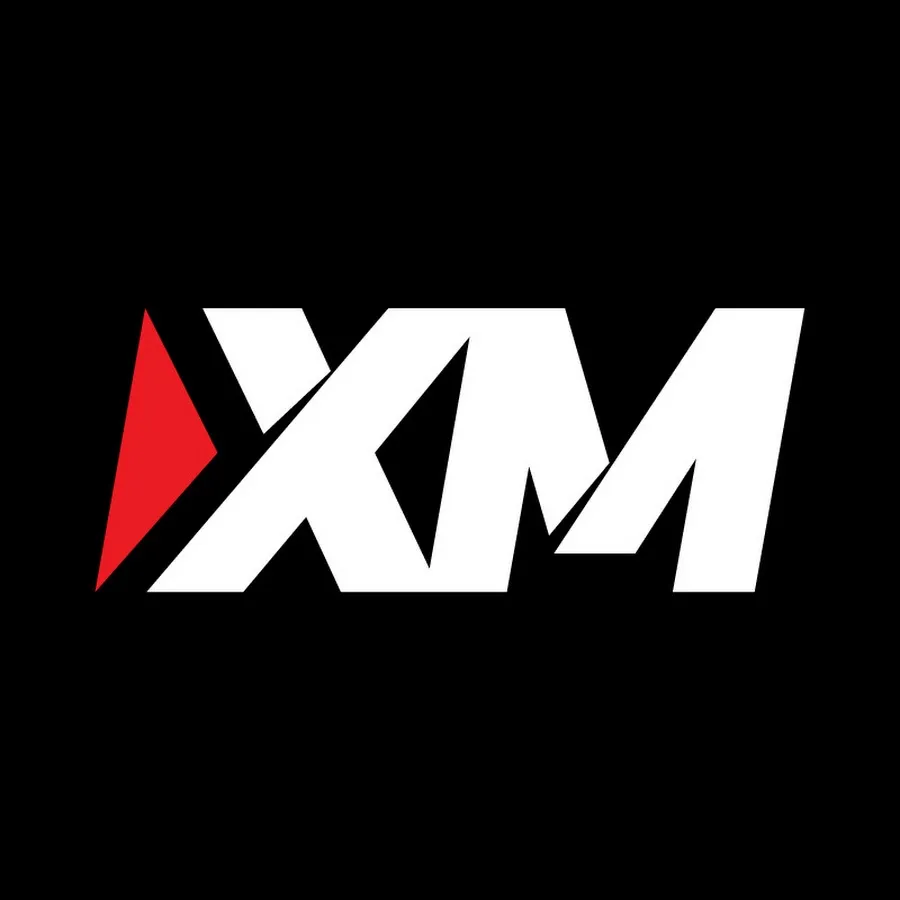
XM
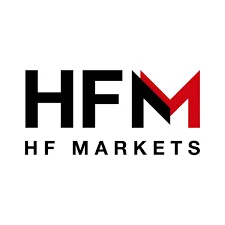
HFM

Pepperstone Markets
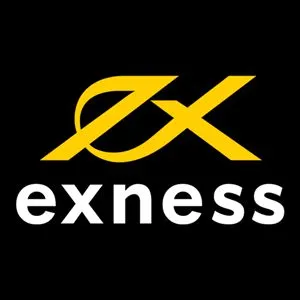
Exness
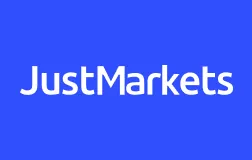
JustMarkets

RoboForex
FBS

SuperForex
Why Safety and Regulation Matter
Understanding the importance of choosing properly regulated brokers for your trading security
When choosing a forex broker, safety and regulation should be top priorities. Regulated brokers are supervised by financial authorities that enforce rules designed to protect traders and maintain market integrity.
Benefits of Trading with Regulated Brokers
- Fund security through segregated accounts
- Compensation schemes in case of broker insolvency
- Fair trading practices and transparent pricing
- Dispute resolution mechanisms
- Regular audits and compliance checks
Important: Always verify a broker's regulatory status directly with the relevant authority before depositing funds.
Regulatory Framework Comparison
| Feature | Tier 1 (85-100) | Tier 2 (70-84) | Tier 3 (Below 70) |
|---|---|---|---|
| Client Fund Protection | Segregated accounts with additional insurance | Segregated accounts required | Basic requirements |
| Leverage Limits | Strict limits (e.g., 1:30 for retail) | Moderate limits (e.g., 1:200) | Few or no limits (up to 1:2000+) |
| Reporting Requirements | Extensive daily/weekly reporting | Regular monthly reporting | Minimal reporting |
| Capital Requirements | $10M+ for brokers | $1M-$10M for brokers | Under $1M for brokers |
| Dispute Resolution | Independent ombudsman services | Formal complaint procedures | Basic complaint handling |
Note: This is a general comparison. Specific requirements may vary between individual regulatory authorities within each tier.
Understanding Regulatory Authorities
Learn about the different regulatory bodies that oversee forex brokers and how they protect traders.
Tier 1 - Top-Tier Regulators (85-100)
These are the most respected financial authorities with the strictest regulatory frameworks, offering the highest level of investor protection.




Tier 2 - Mid-Tier Regulators (70-84)
These regulators provide solid oversight and reasonable investor protection, though with less stringent requirements than top-tier authorities.
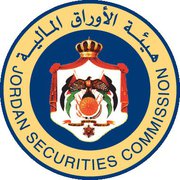
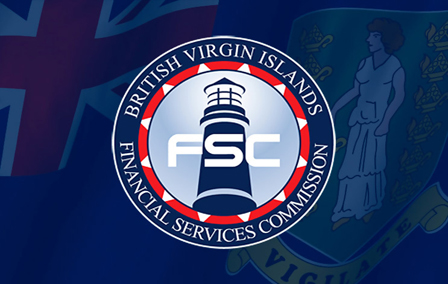
Tier 3 - Standard Regulators (Below 70)
These regulators provide basic oversight but may have less stringent requirements or enforcement capabilities compared to higher-tier authorities.
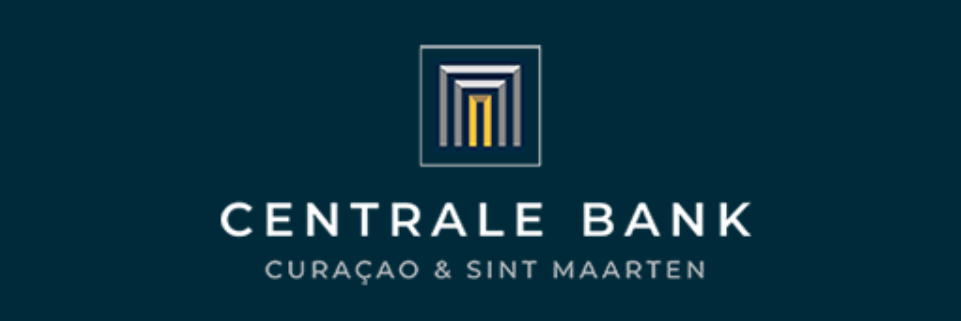

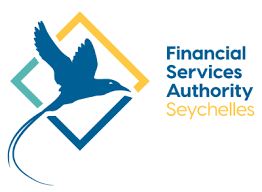
Regulatory News & Updates
CMA Kenya Introduces New Forex Trading Guidelines
The Capital Markets Authority of Kenya has announced new guidelines for forex brokers operating in the country, focusing on enhanced client fund protection and transparency requirements.
Global Regulatory Bodies Strengthen Cross-Border Cooperation
Major financial regulators including FCA, ASIC, and CySEC have signed a new agreement to strengthen cross-border cooperation in monitoring forex brokers and protecting international traders.
New EU Regulations Impact Leverage Limits for Retail Traders
The European Securities and Markets Authority (ESMA) has implemented stricter leverage limits for retail forex traders, affecting brokers operating across the European Union.
Featured Regulatory Authorities

Australian Securities and Investments Commission (ASIC)
The Australian Securities and Investments Commission (ASIC) is Australia’s integrated corporate, markets, financial services and consumer credit regulator. It ensures that Australia’s financial markets are fair and transparent, and that investors are appropriately protected.

Federal Financial Supervisory Authority (BaFin)
BaFin represents a regulatory philosophy where market integrity isn’t sacrificed for short-term growth. For brokers, compliance demands investment—in technology, governance, and transparency. But the returns are profound: access to a high-trust, high-liquidity market. .
Financial Services Agency (Japan)
The Financial Services Agency (FSA) is Japan’s integrated financial regulator responsible for overseeing banking, securities, and insurance sectors to maintain the stability of the country’s financial system and protect investors.
Meet Our Regulation Experts
Our team of financial regulation specialists provides expert analysis and insights on broker safety and regulatory compliance.

Patrick Mahinge
Patrick Mahinge is a seasoned forex trader and market analyst with over 15 years of experience in the financial markets. As a Chartered Market Technician (CMT), he combines technical analysis with fundamental research to provide actionable forex trading insights.